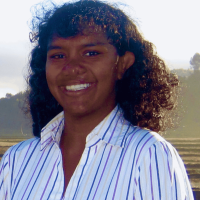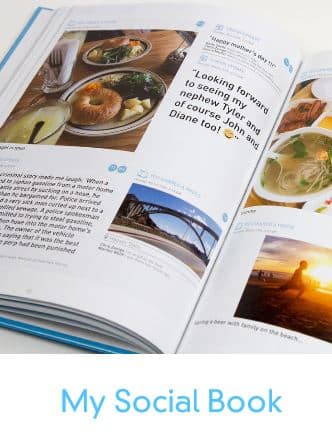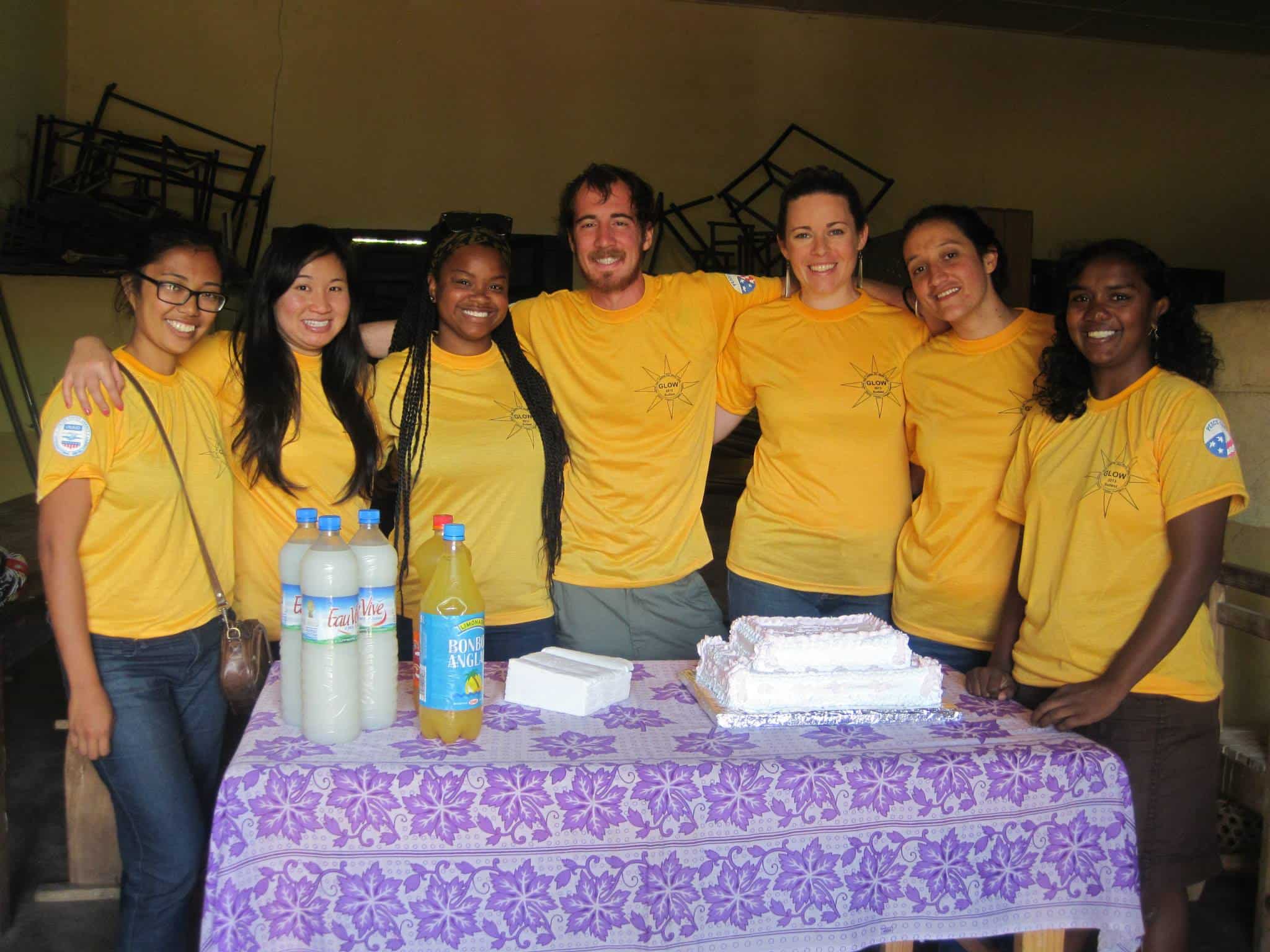Has this ever happened to you? You upload a photo or description of a special moment to Facebook—and then, you never see it again? Or perhaps, Facebook will post a scrapbook memory from years past. You enjoy it, the moment flashes by….then you spend frantic minutes trying to find it again.
I had so many special memories serving as a Peace Corps volunteer that I collected as many as I could through online Facebook posts—but I was only able to view these memories online. Preserving and sharing memories is one way RPCVs can promote the Peace Corps Third Goal of increasing understanding of the American people concerning the peoples and cultures of the world. There’s so much I want to tell about what happened while I served in Madagascar, and why the experience was so special to me—as a woman, and as an Asian-American volunteer serving with a diverse group of fellow PCVs.
Ultimately, I decided to preservice my experience in Madagascar by ordering a printed scrapbook called My Social Book that collected all my Facebook posts over my two years of service. I especially like to flip through a section of the book that includes photos from a 2013 Girls Leading Our World (GLOW) camp held in the Southeast region of Madagascar.
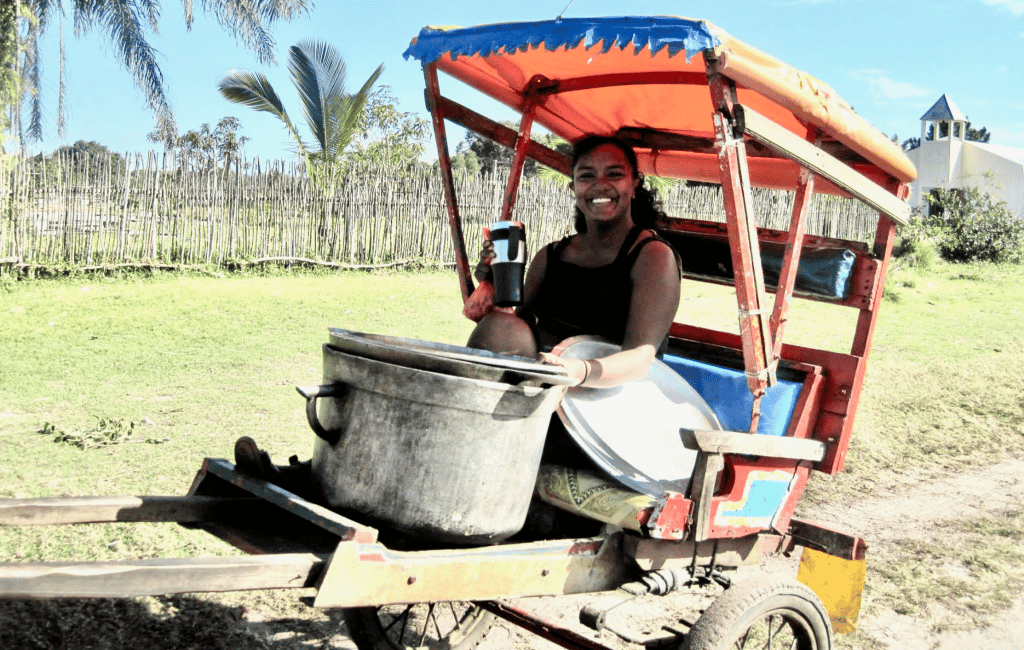
The cook at our GLOW camp assumed that we would bring a pot large enough to make rice for 25 or 30 people. All I brought was a small rice cooker, which I am donating to the Museum. After a few moments thinking how to solve this problem, we were able to locate a church in town that was willing to lend us a very large pot — too large to carry back to camp with my bike, No worries. I brought it to the camp in a rickshaw. The small pot I donated will have to serve as a symbol for the borrowed pot (which we had to return, of course). Either pot may be considered as a metaphor for a very special aspect of our group of Peace Corps volunteers. We were true examples of the American melting pot.
I was born in India and grew up in the U.S. The other volunteers at our GLOW camp included Asian-, African Americans and a Mexican American. We also had several members belonging to the ethnic group that attendees expected to be the leader at the Peace Corps GLOW camp—white Americans. The girls and chaperones did not expect so many brown faces that resembled their own in a group of American volunteers. We were somewhat surprised (and pleased) ourselves with our diverse ethnic backgrounds.
When host country nationals encountered Americans of color in their communities, their reactions included (but were not limited to) curiosity, happiness, excitement, confusion, sadness, anger, and more. I know this because I was able to discuss these reactions with other volunteers of color—and I experienced some of these same emotions myself.
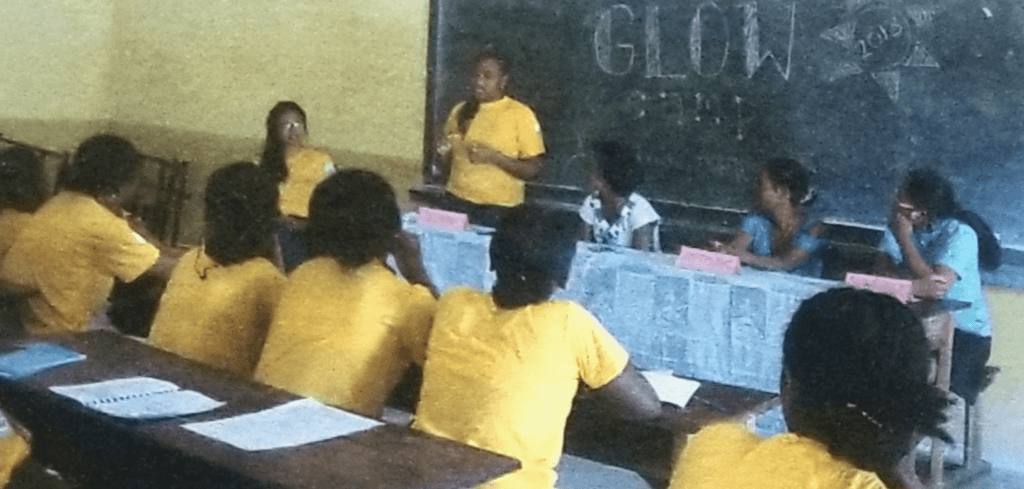
Many people who now live in Madagascar originated from both Africa and South Asia. A number of Malagasy people look like me, and I was often assumed to be a local Malagasy. There were some benefits to this: I could blend into crowds, escape curiosity or harassment, and bargain for lower prices. On the other hand, people expected me to be familiar with their customs and language. Overall, I think I was able to gain deeper trust in sensitive situations—for example, when mothers came to the clinic to discuss their pregnancies or to have their children vaccinated.
Returning to my metaphor, when it comes to interactions with people who are different from us, we each carry our small, individual pots. The Malagasy people had scant knowledge of American history or diversity, and I had limited knowledge of their customs and beliefs.
The Third Goal of the Peace Corps is all about creating a large melting pot—a HUGE pot that includes all of humanity—too big for your typical rickshaw—or even for a lifetime of travel and service. I learned from my Peace Corps experience that the more we understand others, and the more deeply they understand Americans (in all their colors), the safer our world will become.

